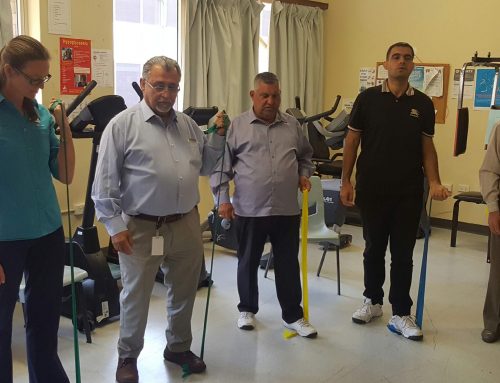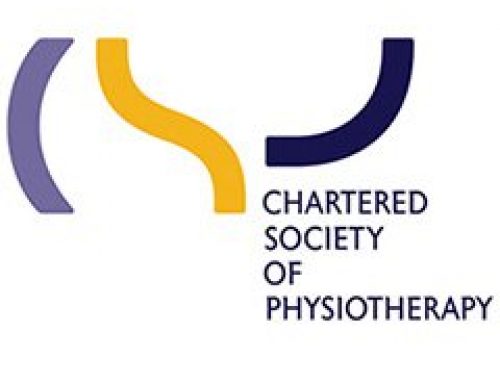Charlotte Cross investigates the options for employers taking the next step in staff wellbeing
The government’s much-vaunted Fit for Work occupational health service is not fit for purpose, employers and GPs appear increasingly to be concluding. However, the real issue is not employer underuse of this non-starter, but ongoing over-reliance upon standard NHS routes. This presents a challenge to the economy and is a misstep for any organisations still lacking a robust health and wellbeing strategy.
In research published recently by manufacturing body EEF more than a third (38 per cent) of the employers polled still relied entirely on the NHS medically to treat their employees.
And financial reluctance is no longer the main barrier here. Although financial incentives would be welcomed, and despite ongoing uncertainty in today’s economic climate, there is nonetheless firm recognition of the bottom-line value of employer-funded healthcare and wellbeing interventions for evidence-based models. The key challenges remaining for HR professionals trying to implement plans for a non-NHS route are actually lack of knowledge of what is on offer combined with an absence of board-level drive when it comes to switching from the NHS.
What arguments, then, should HR use to show leaders that employer-funded staff wellness is the way forward – and not just ‘for the big boys’?
“The advice given by the Fit for Work service is very generic – pasted from standard templates with no thought given, it appears, to the actual role the person is undertaking,” argues Mike King, clinical operations director at Asclepius Occupational Health. “Experienced occupational health professionals, by contrast, can look at the ‘whole person’ in an holistic manner, rather than focusing on a particular injury or disability.
“More and more providers are also nowadays using telephone consultancy and video links technology, such as Skype or similar services, all of which can assist in a prompt referral and consultation.”
This brave new world of digital employee healthcare and bespoke customer platforms holds real potential, enthuses Alex Heaton, chief executive and founder of LiveSmart. Data-led, digital health improvement programmes can help companies and individuals assess their current health requirements, identify problem areas and make significant improvements to their future needs, he suggests.
“While reducing long-term sickness is an ongoing issue for employers, it shouldn’t be their sole focus,” Heaton adds. “Companies need to also invest time and money on preventative measures and making improvements to their company health and wellness strategies to improve overall company health and reduce sickness absenteeism.”
As well as taking an holistic approach to employee healthcare and wellbeing needs, HR should not discount the potential value of honing in on specialists with more focused skillsets. Musculoskeletal disorders such as bad backs or joint pain, for example, are a major cause of ill-health absence, but surprisingly this is still an area where employers under engage with non-NHS specialist help, despite wide availability.
“By using existing occupational physiotherapy companies, which have clinicians experienced in both musculoskeletal medicine and the management of occupational health problems, recovery can be accelerated and a return to work expedited,” explains Ross Tomkins, clinical director of Therapy Direct Healthcare. “Occupational physiotherapists are capable of not only diagnosing the injury, but identifying any work-related barriers that may exist.”
Rosie Hancock, clinical governance lead at FitBack Physiotherapy, says: “NHS clinicians have limited time to be able to fully discuss and understand patients’ job roles and do not tend to have direct links with the employers to be able to feedback recommendations. This is where organisations can turn to occupational health physiotherapy services for a speedier and more expert response.”
Similarly, workplace ergonomic solutions can prevent injury, optimise wellbeing and overall system performance, but they are often misunderstood by employers as only applying to office-based computer workstations, points out Clyde Crawford, director and principal consultant of ergonomics consultancy Ergability. “Workplace ergonomic solutions are successfully applied to such elements as the design and layout of workplace equipment, job demands and organisational risk management controls across a diverse range of sectors,” he says.
Charlotte Cross is director of the Better Health at Work Alliance



Leave a Reply